Update time : 2020-09-16 Publisher:Tongda
The sludge composition is complex, containing pathogenic microorganisms, parasite eggs, toxic and harmful heavy metals and a large number of refractory substances. If not handled properly, it is easy to cause secondary pollution to the environment. The main sludge disposal methods in China currently include sanitary landfill, land use, and use of building materials after incineration.
The sludge treatment technology mainly includes sludge thickening and dewatering, aerobic digestion, anaerobic digestion, drying, composting and incineration. Sludge disposal technologies mainly include landfill (including ground, underground and water) and land use. Some people mistakenly believe that sludge drying and incineration is the most advanced sludge treatment technology at present, and represents the development direction of sludge treatment technology, so it is promoted without analysis. Individual companies blindly exaggerate their advanced nature for the purpose of making profits, which misleads many people who don't understand.
The purpose of sludge treatment and disposal should be "reduction, stabilization, and harmlessness". "Resource" is not the ultimate goal. The energy and material in the sludge treatment and disposal process should be used as much as possible to achieve economic benefits. And the effect of saving energy, realizing its resource value.
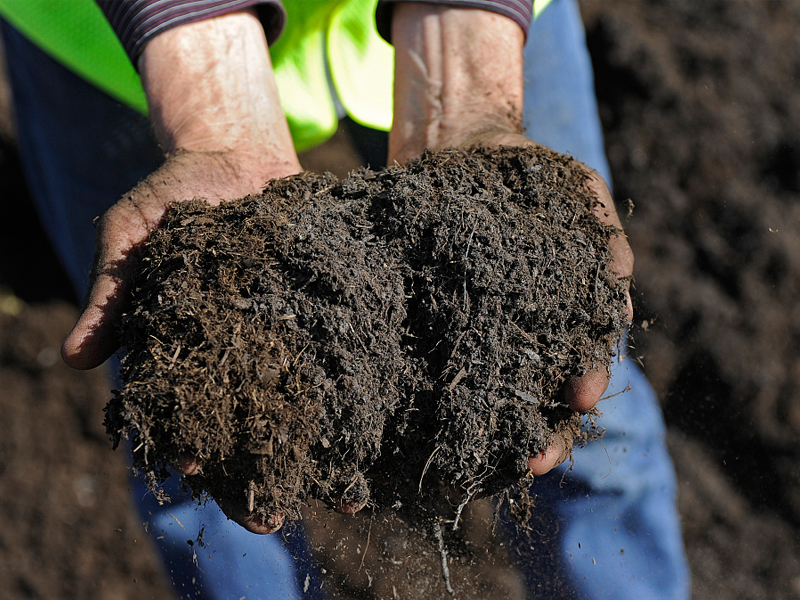
Aerobic composting is a process of converting sludge into fertilizer through the fermentation of microorganisms under aerobic conditions. Among them, organic materials are metabolized into carbon dioxide, water and heat.
The advantages of aerobic composting include:
1) High fermentation efficiency and relatively short stabilization time;
2) Less odor, achieving sterilization;
3) The moisture content can be reduced to 40%;
4) The finished sludge is mainly used to repair saline-alkali land, urban greening, garbage dump coverage, and construction.
5) And derive earthworm biological compost to strengthen the composting effect.
The sludge is transformed into humus after fermentation, which can restrict agricultural use, landscaping or improve soil, so as to realize the efficient use of organic matter and nutrient elements in the sludge, with low equipment investment and convenient operation and management.At present, the sludge aerobic fermentation project can adopt an efficient, fast, stable, and intensive design and operation mode, which can achieve a significant reduction in the area.
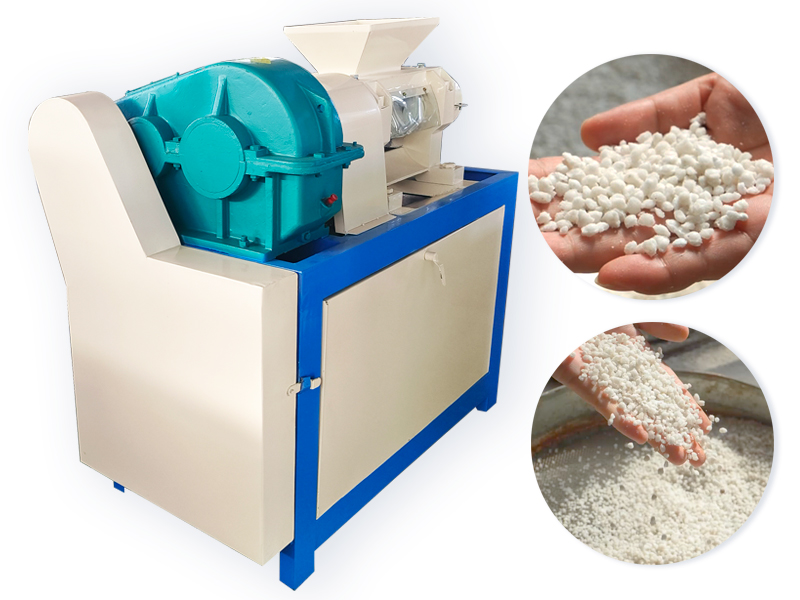
see details +
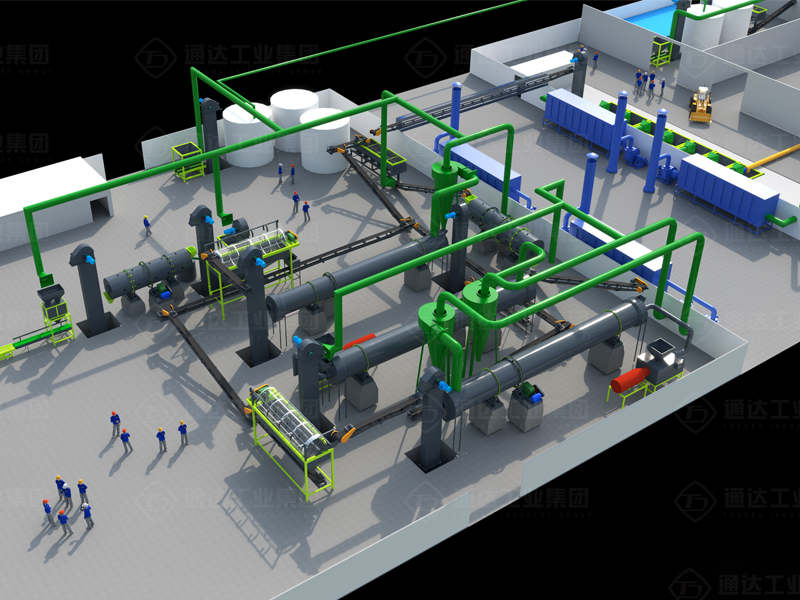
see details +
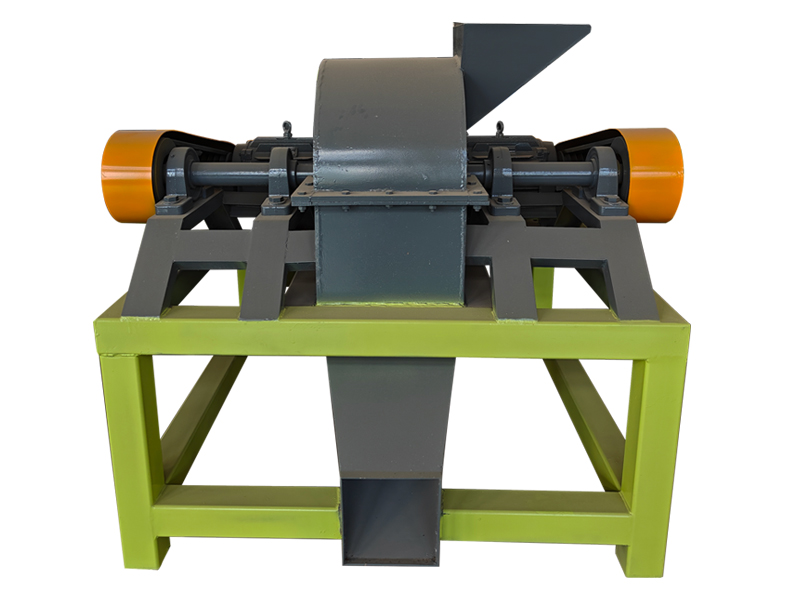
see details +
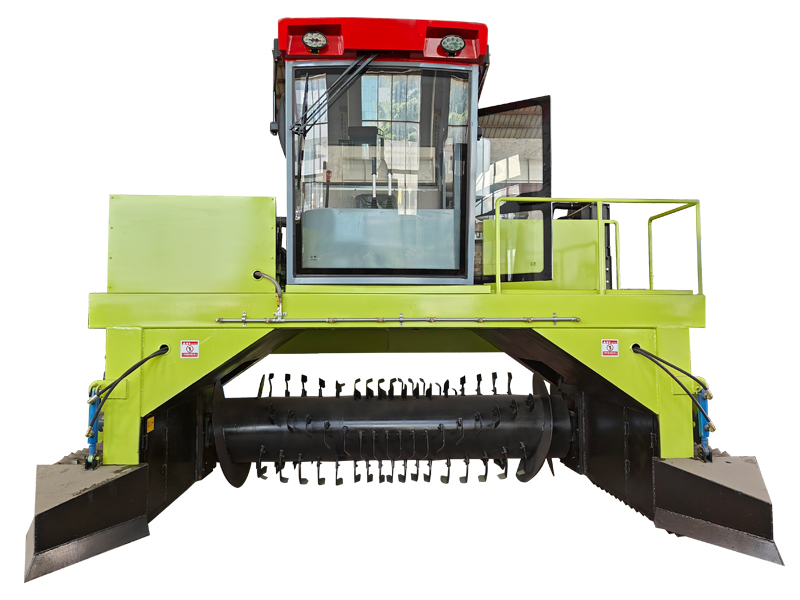
see details +

Fermentation Compost Equipment >
 Tel:+86 18538527111
Tel:+86 18538527111
 E-mail:[email protected]
E-mail:[email protected]
 Address:Longgang Development Zone Of Xingyang City, Zhengzhou City, Henan Province, China.
Address:Longgang Development Zone Of Xingyang City, Zhengzhou City, Henan Province, China.
Privacy Policy Copyright © Henan Tongda Heavy Industry Science And Technology Co., Ltd.